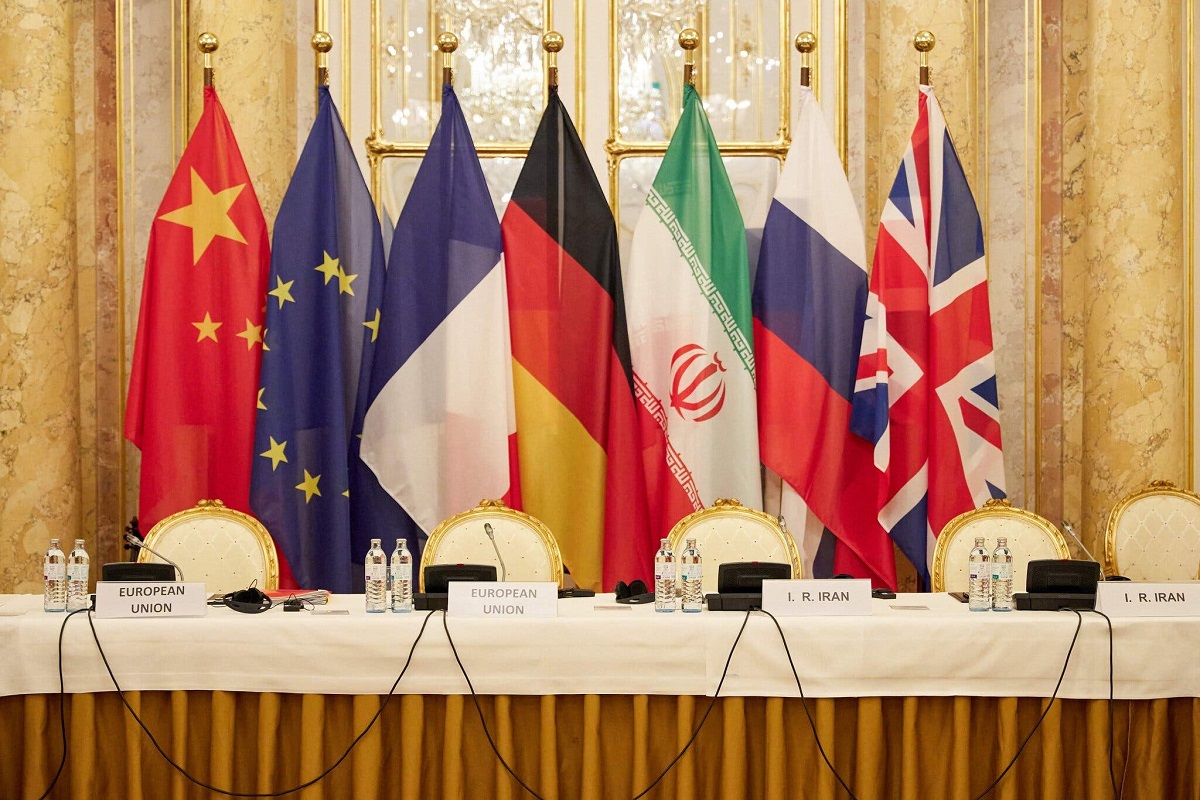The revival of the agreement would pave the way for the end of sanctions on Iran, allowing it to step up oil exports to Western countries seeking to halt their reliance on Russia for energy supplies.
Irish Foreign Minister Simon Coveney, who acts as United Nations Security Council facilitator at the talks in Vienna, stated “the signals are good” for agreement over the weekend.
He added there was “no question” that agreement would lead to renewed oil exports from Tehran, reducing upward pressure on energy prices in the West.
Coveney told BBC Radio 4’s Today programme: “We are getting much closer to signing a deal.”
“In fact, some would say that there’s prospects potentially for a deal this weekend,” he said.
“Iran has a national holiday that starts on Monday that lasts nearly two weeks and so it may well be the case that the political leaders want to get this issue done in the next 48 hours or so, and that’s certainly our hope,” he added.
He stated, “There’s no question that other countries in the continent of Europe, particularly on the western side of Europe, now want to move away from a reliance on Russian oil, gas and coal.”
“Having a big player in the market, Iranian crude oil coming back into the market with the removal of sanctions, would be a very attractive prospect in terms of reducing pressure on oil prices,” the diplomat said, adding, “This means a big oil producer effectively back in the market for providing oil into the US and elsewhere. I think that is an added incentive to try to get a deal done.”
In 2018, the US, under President Donald Trump, pulled out of the pact and reinstated sanctions under the so-called ‘maximum pressure campaign’ against Tehran, effectively depriving Iran of the deal’s benefits by forcing third parties to stop doing business with Iran.
Iran remained patient for an entire year, after which it began to take incremental steps away from its nuclear obligations, especially after Europeans failed to salvage the deal under the US pressure.
Iran and the five remaining parties to the Joint Comprehensive Plan of Action (JCPOA) — Germany, Britain, France, Russia and China — began the talks in the Austrian capital in April with the aim of removing the sanctions after the US, under President Joe Biden, voiced its willingness to return to the agreement.
Coveney cautioned that there was “no certainty” of the deal being revived this weekend.
But he said: “There certainly is a possibility now. This deal really was almost done two or three weeks ago, and certainly on the EU side, we’ve been happy with the text of the deal for the last two to three weeks.
“It’s really been about trying to get the remaining parties to the JCPOA across the line,” he added.
Iran insists that the talks must lead to the removal of all American sanctions that were imposed against Tehran following Washington’s unilateral withdrawal from the landmark agreement in May 2018. Tehran has also demanded credible guarantees that Washington will not abandon the deal again. Russia says not pursue selfish interests in reinstatement of Iran nuclear deal
